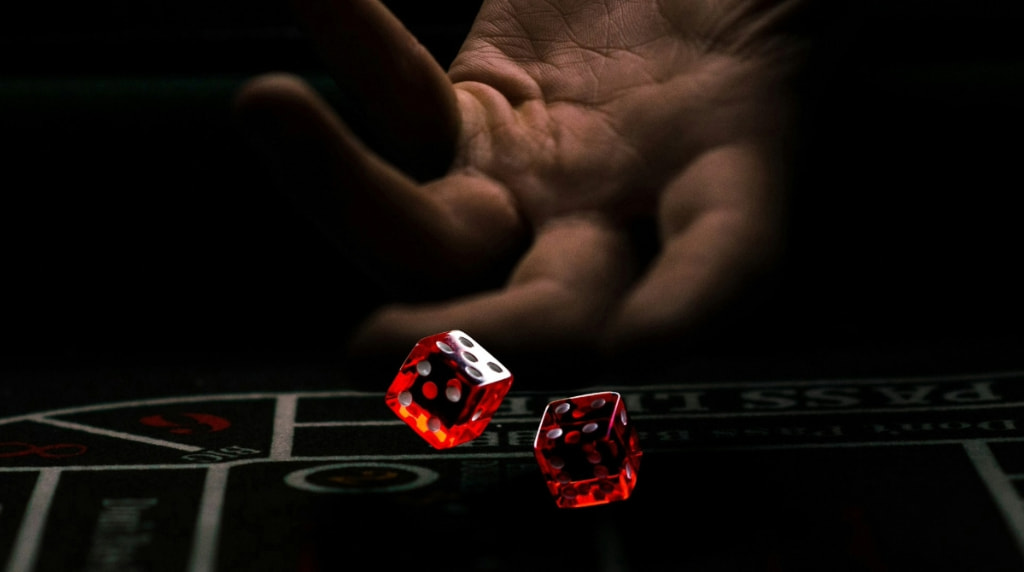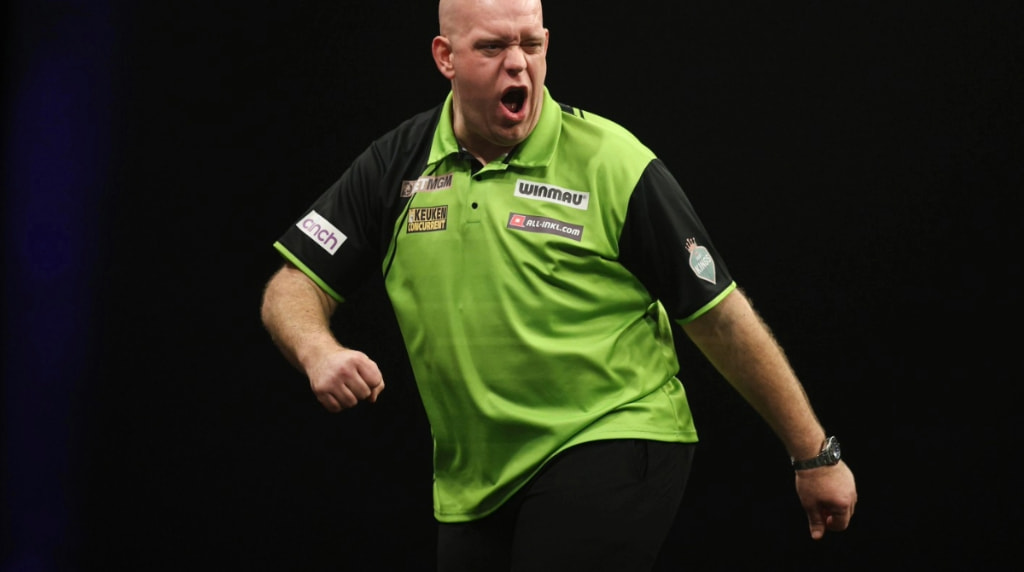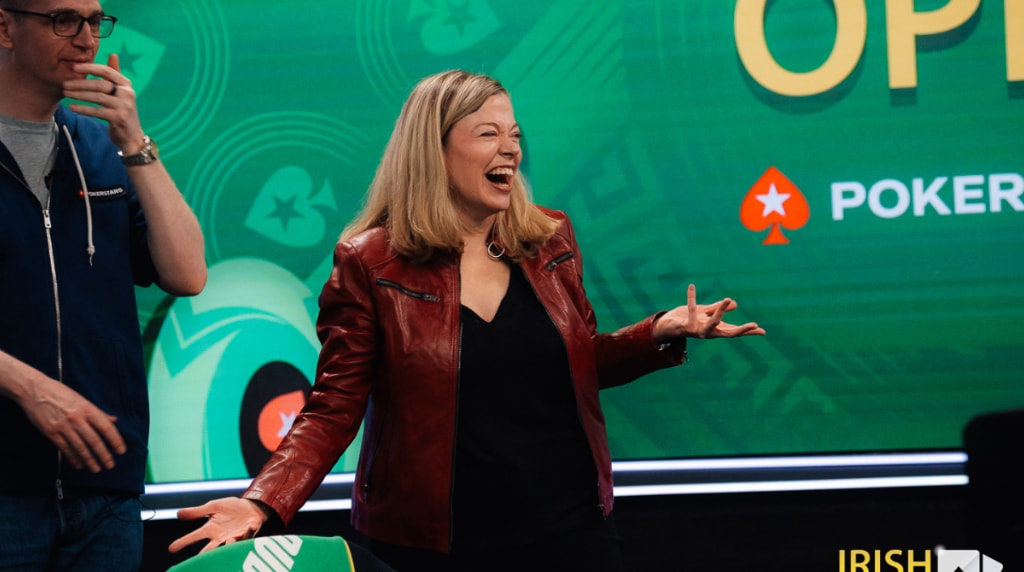Brazil Advances Operation Maximum II Case
Operation Maximum II is a group of match fixing cases that originated at the Brazilian Championship, Series A, in 2022. Since a tip off to officials alerted authorities that there may have been foul play involved, the situation has been taken seriously and some suspensions and arrests have already been made. Investigation continues now as eight soccer players were recently accused of being involved.

Soccer players involved in the Operation Maximum II case will pay the price for match fixing. ©Jp Valery/Unsplash
A look at Operation Maximum II so far
The Operation Maximum II match fixing cases in Brazil have been some of the highest profile in recent history, which in turn inspired a swift response from a variety of authorities. These authorities have made a collaborative effort to investigate what exactly transpired during the games in question, and to identify the correct suspects therein.
They are also keen to enact punitive measures against those who trespassed against the law in order to prevent others from attempting the same. In general, malicious behavior connected to manipulating sports results and winning false earnings has been a high priority in Brazil, as it gets closer to achieving regulated betting.
Some of the agencies involved in the investigation of sports fraud cases include: the Special Action Group to Combat Organized Crime, Intelligence and Institutional Security of the State and the Goiás Public Ministry. So far, they have identified that six instances of match fixing occurred in the tournament in question, while other cases are also being investigated further.
As a part of initial investigations, businessman Bruno López de Moura was identified as a ring leader for the group involved. He was put into preventative detention and is awaiting trial. However, additional culprits have now been identified and actions are being made against them.
Punishments for players involved in Operation Maximum II
Brazil’s Superior Court of Sports Justice (STJD) gave out an initial punishment to the players found to be involved in the Operation Maximum II match fixing cases. These eight players will be suspended from soccer for 30 days. They also face fines of up to $20,232 USD.
The players come from a variety of teams, including Santos, Juventudes, Sport Recife, Ipatinga, São Bernardo and RB Bragantino. Two have admitted involvement in the case and are now considered witnesses, while the others have all been charged by the Goiás Public Ministry.
The players in question are: Eduardo Bauermann, Matheus Phillipe, Gabriel Tota, Igor Cariús, Paulo Miranda, Fernando Neto, Kevin Lomónaco and Júnior Moraes. They have all gone against a basic rule in the soccer sports code, which is to not act in aid of the other team. It is on the basis of this rule that all have been accused.
Now, it remains to be seen what fines each will have to pay, and for how long they will be suspended in the long term. The initial suspension of 30 days can become a length of one to two years. There is also bad news for any players who are caught doing something similar in the future.
If found guilty of match fixing a second time, these players would face a second fine of the same amount, and possibly a complete ban on all sports participation in the future. One might wonder why players found guilty of match fixing are not immediately disqualified from all future sports participation.
It is a good question given the severity of the issue. In 2019, Reuters published an article called, “Match-fixing not doping poses greatest risk to sport.” In 2022, The Athletic asserted that, “Record number of suspicious games flagged for match-fixing.” Though match fixing may have been an old pastime, increasingly good technology is making it easier to spot, investigate and control.



